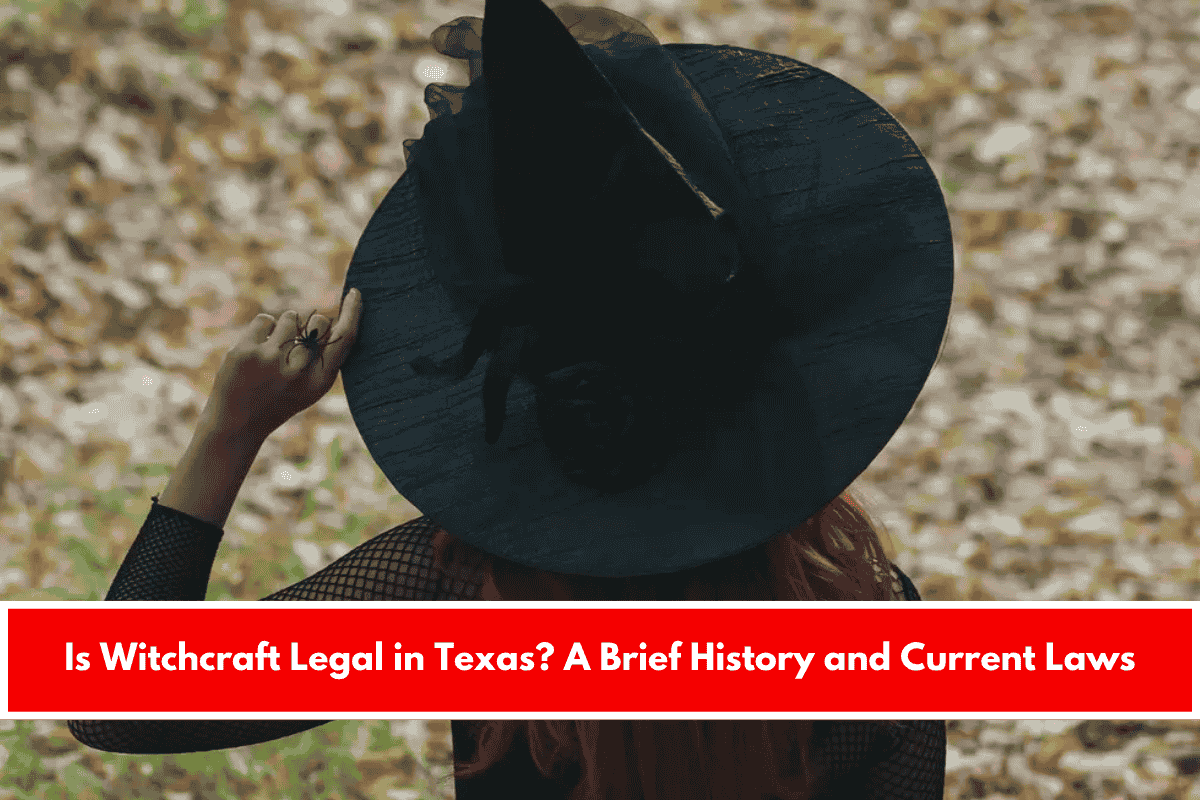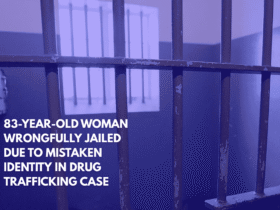Witches in movies and television may be known for casting spells, turning people into toads, or having green faces, but in real life, witchcraft isn’t quite as magical or as sinister as it is often portrayed.
While it’s clear that witches on screen are fictional, the practice of witchcraft by people in real life, both men and women, is very much a part of modern spirituality. But, the question remains: is it legal to practice witchcraft in Texas?
The Unexpected Origin of Witches
The origins of witches may surprise you, as they actually go back to a time when women were simply doing their jobs. The stories we hear today about witches and their mystical powers didn’t originate from some grand fantasy, but from a much more down-to-earth source: brewing beer.
Long before the infamous Spanish Inquisition, women were often in charge of household duties, and one important task was brewing ale. These women, known as alewives, would often brew their drinks at home and sell them to their community. The association between women brewing beer and being labeled as witches comes from how these women were perceived in their time.
How Alewives Became Witches
Alewives wore tall, pointed hats to stand out and signal to people that they were selling ale. To keep rodents away from their grain, they often kept cats around their homes. They brewed ale in black cauldrons and would hang a broom outside to let others know they had ale for sale.
However, when men drank the ale and became uncontrollable, it was often said that they had consumed some sort of potion—which led to the perception that alewives were mixing magical brews.
And so, the idea of witches, or women who made potions and had mystical powers, became intertwined with the practice of brewing ale. These women, simply trying to make a living, were labeled as witches due to their business activities.
Witchcraft in Texas: Is It Legal?
The short answer is: Yes, witchcraft is legal in Texas. It is protected by the First Amendment of the U.S. Constitution, which ensures freedom of religion. Witchcraft, as a spiritual or religious practice, is included under this protection. But there are some important things to keep in mind to avoid running into legal trouble.
Limitations and Restrictions
While witchcraft itself is legal, certain practices related to it can have restrictions:
- Fortunetelling or Predicting the Future: In Texas, tarot reading or any form of fortunetelling might be considered illegal, depending on how it’s practiced. There’s no specific state or federal law banning fortunetelling, but local municipalities may have ordinances or regulations against it.
- Selling Charms, Potions, or Stones: It is illegal to advertise things like charms, potions, or stones as having actual health benefits. These items must be advertised as something else, such as religious artifacts, art works, or craft supplies in order to be sold legally.
- Advertising for Entertainment: If you advertise witchcraft or tarot reading as a form of entertainment, it’s typically considered legal. It’s important to make sure that what you’re doing doesn’t cross the line into misleading or illegal territory.
How to Avoid Legal Trouble
If you wish to practice witchcraft or any related activities in Texas, it’s a good idea to check with local ordinances in your area to make sure you’re in compliance with the laws. Local rules can vary, and what’s allowed in one city may not be permitted in another. Always ensure that your practices are in line with local laws to avoid any issues.











Leave a Reply